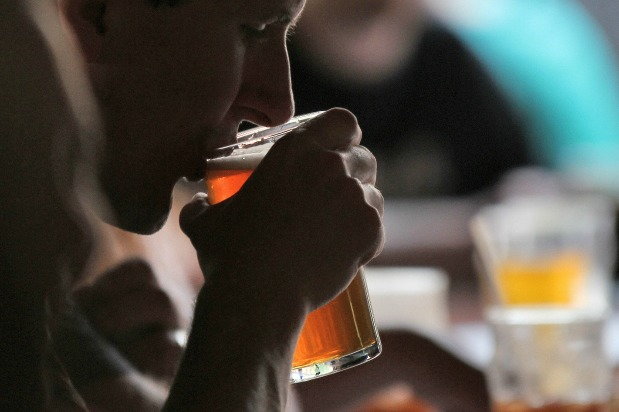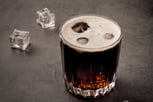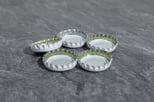I liked the taste of alcohol from the first time I took a sip at the age of fourteen. By the time I was 18, I was what could be described as a “binge drinker,” along with all the rest of the people I hung out with. We had a local bar that at any time would have at least one other person from my social crowd to get drunk and play pool with.
It was not until my thirties that I officially tipped over into dependent drinking. The process was a gradual decline that started with me reaching for a bottle of red wine on a Tuesday night after a hard day’s work and continued to me not being able to go through a day without at least one bottle.
So was there a particular moment when I was suddenly “became” a problem drinker? I can’t be sure, but there were several milestones that I think could be defined as “moments” that brought me to the place of dependent drinking that I finally found myself in. Moments that in retrospect are clear indicators that I was developing a full-blown drinking problem. Here are my five pivotal moments.
1. Finding it difficult to drink within the daily guideline limits set down by the UK’s department of health.
These guidelines recommend that women do not drink more than one smallish glass of wine per day, seven glasses in a week. In my mid-thirties, I was regularly sharing a bottle of wine a night with my other half, knowing this was in excess of the guidelines, but thinking half a bottle of wine was really not a problem.
2. Revolving my life outside of work around where the next drink was coming from.
My crowd of friends would often go for long hikes in the hills. Hip flasks were usually sipped along the way, and the day would not be complete without a country pub, a roaring fire and copious amounts of alcohol. Any activity I undertook was dictated by being able to drink either during or at the end of it.
3. Telling myself every morning that I would take a day off from drinking, but end up buying booze by the evening.
I would sweat and strain my way through the work day with a stinking hangover, vowing not to drink that night. By the time I drove home from work, I would swing by the off-license, all the way telling myself not to buy booze, and inevitably crumble and pick up the obligatory couple bottles of wine.
4. Passing out or in a hung-over blur weekend after weekend.
The weekend meant not having to set an alarm, not worrying about smelling of booze to my colleagues. This meant I could really let loose on my drinking, often mixing spirits in with the wine. Saturday and Sunday morning were non-existent for me for years.
5. Avoiding going out with work colleagues because I knew I always drank too much and made a fool of myself.
I would always be the one who got too loud and talkative, became disinhibited and show-off in front of all my colleagues whenever I went for a works night out. I gradually stopped going for works nights out, as moderating was not an option and I could not face the office gossip on a Monday morning.
After all this, my major tipping point came when I had two bereavements of close family members in a very short space of time. My drinking escalated and I knew that I had a major problem. I was barely functioning, focusing on just getting myself into work while the rest of my life was in a state of chaos and disarray. If I didn’t have work to offer me a sense of stability (and a place that I was absolutely restricted from drinking), who knows what could have happened.
The journey from “normal” to “abnormal” to “problem” drinker is just a matter of degrees. Looking back, I can see that there were many opportunities that I could have prevented things from progressing. Even if it did take me a long time to finally realize that my alcohol use was a major problem, it’s clear to me that the warnings signs were always there.
|
If you or someone you know is seeking help from addiction, please visit our directory of treatment centers or call 800-891-8171 to speak to a treatment specialist. |








